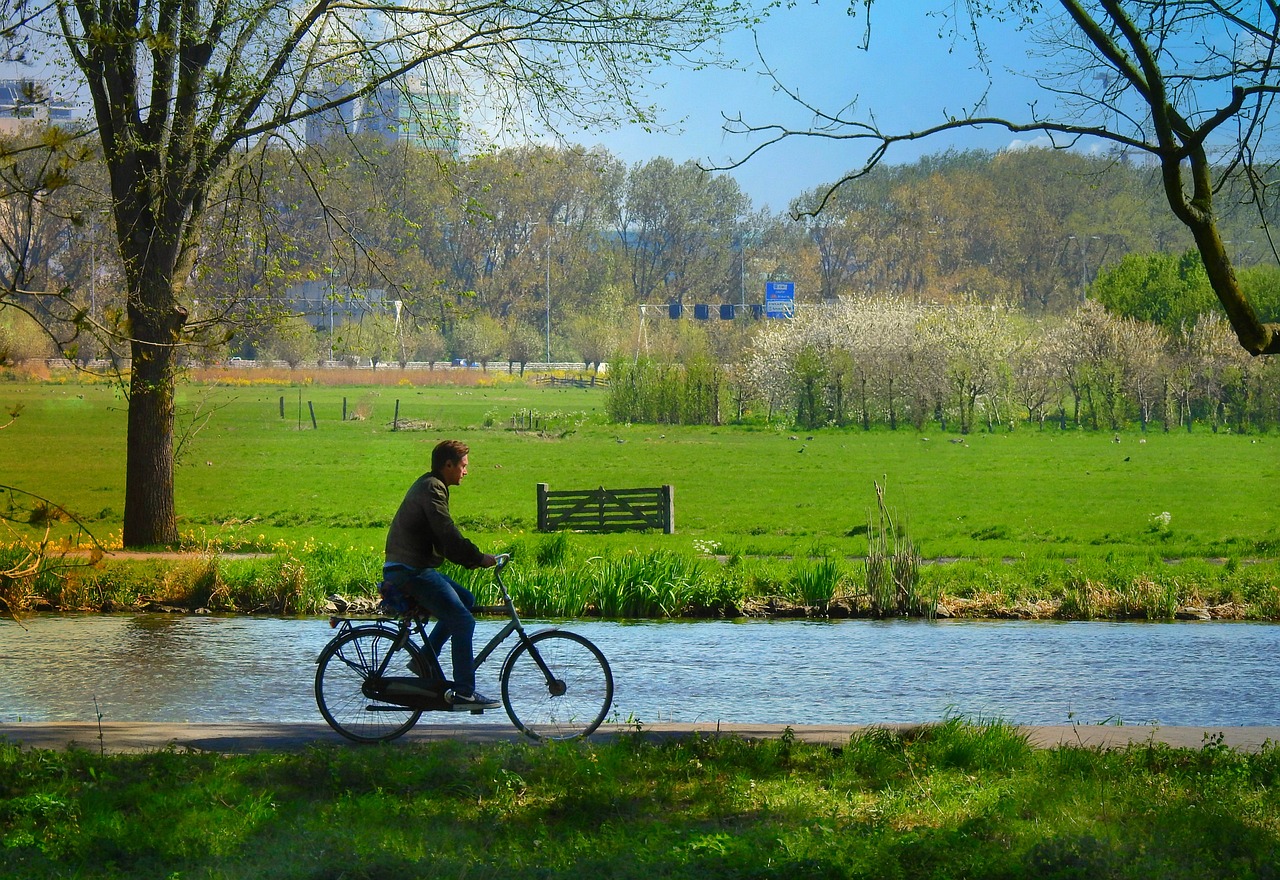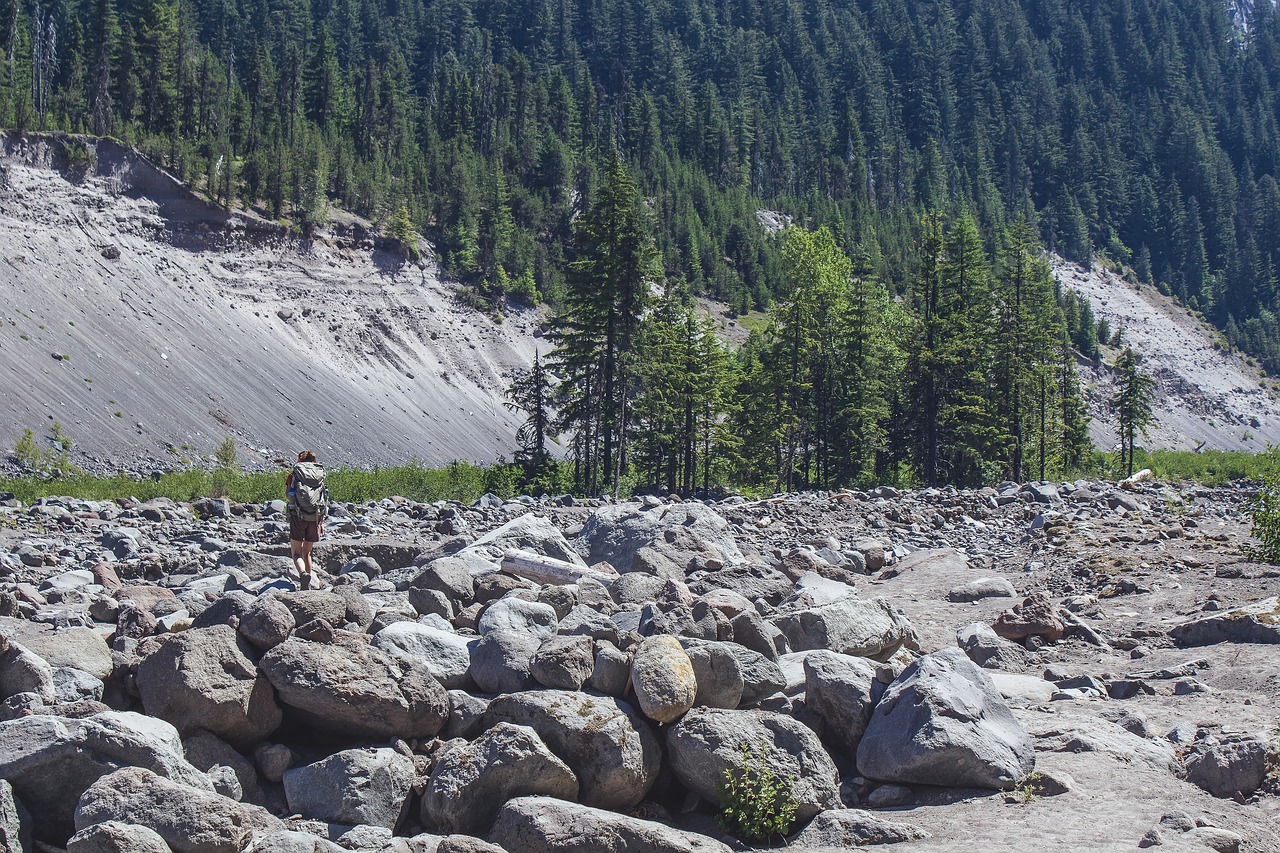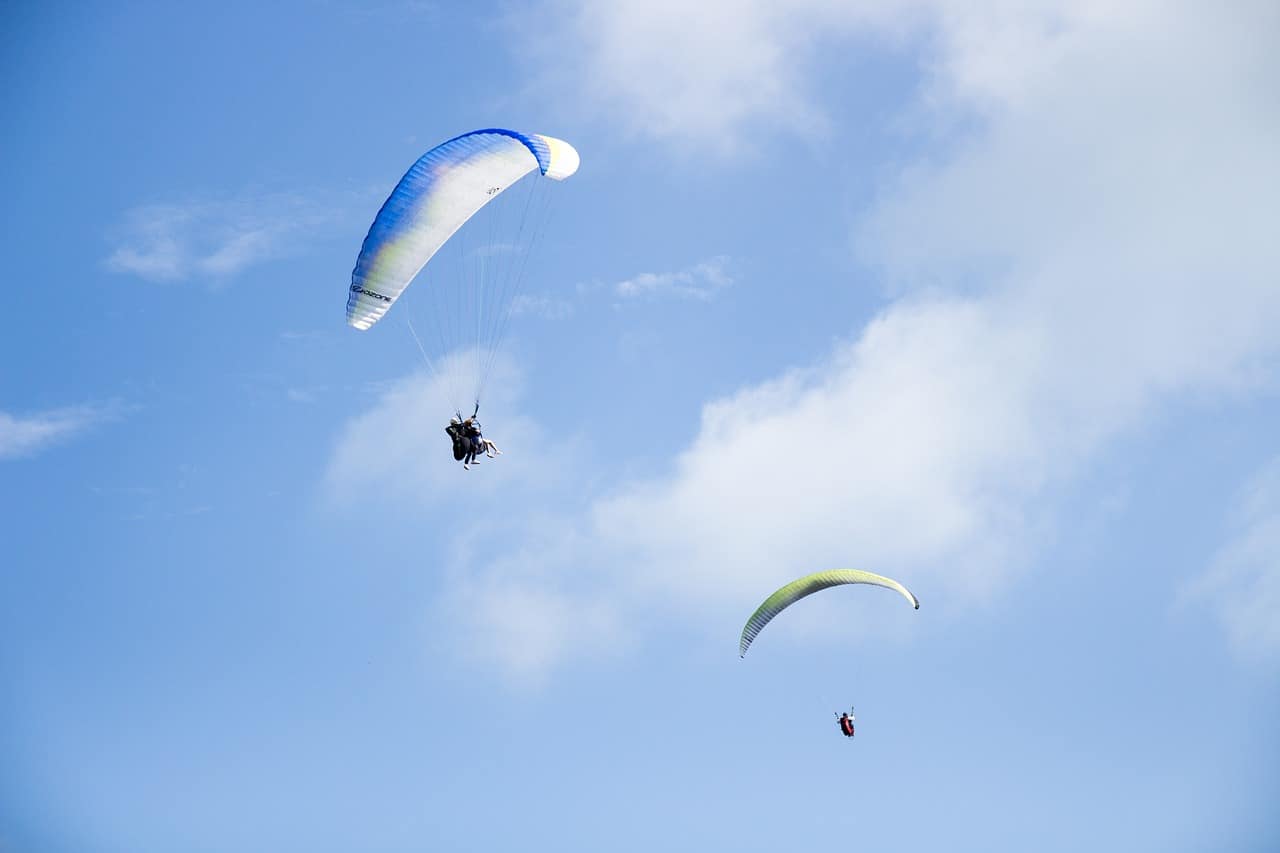In today’s digital age, it’s easy for teens to get absorbed in screens, whether it’s playing video games, scrolling through social media, or binge-watching shows. However, there are countless benefits to engaging in outdoor skill-building activities that offer not only physical exercise but also personal growth, creativity, and a sense of achievement. For teens, these activities can be both enjoyable and practical, providing valuable skills that can last a lifetime. In this article, we’ll explore several fun and practical outdoor skill activities that can keep teens entertained, engaged, and learning in the great outdoors.
1. Outdoor Cooking: Master the Art of Fire and Food

Outdoor cooking is an exciting skill that combines creativity with practicality. Whether it’s cooking over a campfire, using a portable grill, or preparing meals in the wilderness, outdoor cooking gives teens the opportunity to learn essential survival skills while enjoying delicious food.
Key Skills Developed:
- Fire-building techniques (fire starters, kindling, etc.)
- Safe handling of knives and cooking tools
- Cooking with limited resources (grills, open fires, etc.)
- Food preservation techniques like drying or smoking
How to Get Started:
- Begin with simple recipes, such as foil packets, s’mores, or grilled vegetables.
- Explore different cooking methods, from open-fire roasting to camp stoves.
- As teens gain confidence, challenge them with more advanced outdoor cooking, like baking bread in a Dutch oven.
2. Hiking and Orienteering: Navigate the Great Outdoors

Hiking is one of the most rewarding outdoor activities for teens, allowing them to connect with nature while getting great exercise. By pairing hiking with orienteering (using a map and compass to navigate), teens can develop a useful life skill that’s perfect for both recreational hikes and emergency situations.
Key Skills Developed:
- Map reading and compass navigation
- Physical fitness and endurance
- Awareness of natural surroundings and environmental stewardship
- Planning and preparing for long trips (packing gear, food, water, etc.)
How to Get Started:
- Start with local trails that are beginner-friendly, then progress to more challenging hikes.
- Teach teens how to use a map and compass, including basic skills like determining direction, distance, and elevation.
- Organize a fun orienteering challenge, where teens must navigate to different waypoints without relying on GPS.
3. Shelter Building: Crafting Safe Havens in Nature

Shelter building is a critical survival skill that can be both practical and fun for teens. By learning how to create a simple shelter out of materials found in nature, teens can feel empowered by their ability to survive in the wilderness.
Key Skills Developed:
- Knowledge of natural materials (branches, leaves, rocks, etc.)
- Problem-solving and creative thinking
- Teamwork and collaboration (for group shelter building)
- Emergency preparedness
How to Get Started:
- Begin by showing teens how to construct simple shelters like lean-tos or debris huts.
- Practice building shelters in different environments (forest, beach, etc.) and during different weather conditions.
- Make it a fun challenge by giving teens a limited amount of time to create their shelter.
4. Fishing: Patience, Precision, and Reward

Fishing is a relaxing yet rewarding activity that encourages patience and skill. Whether it’s fly fishing, pond fishing, or deep-sea fishing, teens can learn a variety of techniques and develop a greater appreciation for wildlife.
Key Skills Developed:
- Knot tying and equipment handling
- Patience and focus
- Knowledge of different fishing methods and tools
- Understanding of aquatic ecosystems and conservation
How to Get Started:
- Choose a local fishing spot, whether it’s a lake, river, or coastline.
- Start with basic gear like a fishing rod, reel, hooks, and bait.
- Teach teens the art of casting, tying knots, and reeling in fish.
- If possible, pair the activity with a conservation lesson on sustainable fishing practices.
5. Archery: Target Practice and Focus

Archery is a classic outdoor skill that requires both precision and concentration. It’s a fun activity for teens that not only builds physical strength and coordination but also helps improve focus and mental discipline.
Key Skills Developed:
- Hand-eye coordination
- Physical strength and focus
- Understanding of safety and proper use of equipment
- Self-discipline and goal-setting
How to Get Started:
- Start with beginner-friendly bows and arrows, and a safe target like hay bales or paper targets.
- Take teens to an archery range or outdoor space where they can practice.
- Emphasize safety, proper posture, and form to improve accuracy.
- Set up a friendly competition to see who can hit the bullseye the most times.
6. Rock Climbing: Overcome Challenges and Conquer Heights

Rock climbing is an adrenaline-pumping outdoor activity that tests both mental and physical endurance. Whether it’s indoor climbing or outdoor bouldering, rock climbing pushes teens to challenge themselves, overcome fear, and trust their instincts.
Key Skills Developed:
- Strength, balance, and flexibility
- Problem-solving and overcoming fear
- Safety and belaying techniques (for those using ropes)
- Teamwork (for those climbing in pairs or groups)
How to Get Started:
- Start with indoor climbing walls to practice basic techniques like grip, foot placement, and balance.
- Once comfortable, try outdoor climbing on safe, beginner-friendly routes.
- Teach safety protocols, including proper use of climbing harnesses, ropes, and carabiners.
- For added fun, challenge teens to climb in groups or teams.
7. Birdwatching: Connect with Nature and Learn About Wildlife

Birdwatching may seem like a quiet pastime, but it can be highly rewarding. For teens, it’s a great way to spend time outdoors while learning about different bird species and the importance of environmental conservation.
Key Skills Developed:
- Observation and patience
- Knowledge of local wildlife and ecosystems
- Appreciation for biodiversity and conservation efforts
- Journaling and recording bird sightings
How to Get Started:
- Equip teens with a pair of binoculars, a bird guidebook, or an app for identifying birds.
- Choose local parks or nature reserves to observe a variety of birds.
- Keep a birdwatching journal to track species, behaviors, and locations.
- Encourage teens to learn bird calls and behaviors to increase their understanding.
8. Kayaking: Explore Waterways and Learn Navigation

Kayaking is an exciting outdoor activity that allows teens to explore rivers, lakes, and coastlines while honing their navigation and paddling skills. It’s a great way to get exercise, improve coordination, and enjoy peaceful or adventurous outings on the water.
Key Skills Developed:
- Paddling techniques and water navigation
- Safety awareness (life jackets, water conditions)
- Physical endurance and upper body strength
- Environmental awareness (water conservation, wildlife)
How to Get Started:
- Rent kayaks or attend a kayaking class for teens to learn the basics.
- Start on calm lakes or gentle rivers and gradually progress to more challenging waters.
- Teach essential skills like paddling, steering, and navigating currents.
- Emphasize water safety, including the importance of wearing life jackets.
9. Gardening: Grow Your Own Food and Learn Sustainability

Gardening is a highly practical skill that can teach teens about sustainability, food production, and responsibility. Plus, it’s incredibly rewarding to watch something they’ve planted grow and flourish.
Key Skills Developed:
- Planting and soil preparation
- Understanding seasonal crops and harvest times
- Responsibility and daily care of plants
- Sustainability practices and composting
How to Get Started:
- Begin with simple plants like herbs, tomatoes, or radishes that are easy to grow.
- Teach teens how to prepare soil, plant seeds, and water regularly.
- Discuss the benefits of sustainable gardening practices like composting and using organic methods.
- As an advanced project, set up a small garden or community garden to involve others.
10. Survival Skills: Learn to Thrive in the Wild

Basic survival skills are essential for any teen looking to truly connect with nature. Learning how to build a fire, purify water, forage for food, and signal for help can make a huge difference in an emergency situation.
Key Skills Developed:
- Fire-starting (matches, flint, friction methods)
- Water purification and filtration
- Foraging for safe food (berries, plants)
- Basic first aid and emergency signaling
How to Get Started:
- Take a survival skills class or watch instructional videos together.
- Teach teens the basics of fire-starting using different methods.
- Practice safe foraging with identification guides and workshops.
- Simulate survival situations to help teens practice these skills in controlled environments.
Conclusion
Getting teens involved in outdoor skill-building activities isn’t just fun—it also promotes confidence, responsibility, and resilience. These activities not only keep them physically active but also help develop essential life skills such as teamwork, problem-solving, and resourcefulness. From cooking over a campfire to learning how to navigate through the wilderness, the great outdoors offers a wealth of opportunities for growth and adventure.
By encouraging teens to engage in these practical outdoor activities, you’re not only giving them a break from their screens but also equipping them with valuable skills they can use in everyday life. Whether it’s survival tactics, cooking, or connecting with nature through hiking or birdwatching, each outdoor experience brings new opportunities for learning, exploration, and fun.






